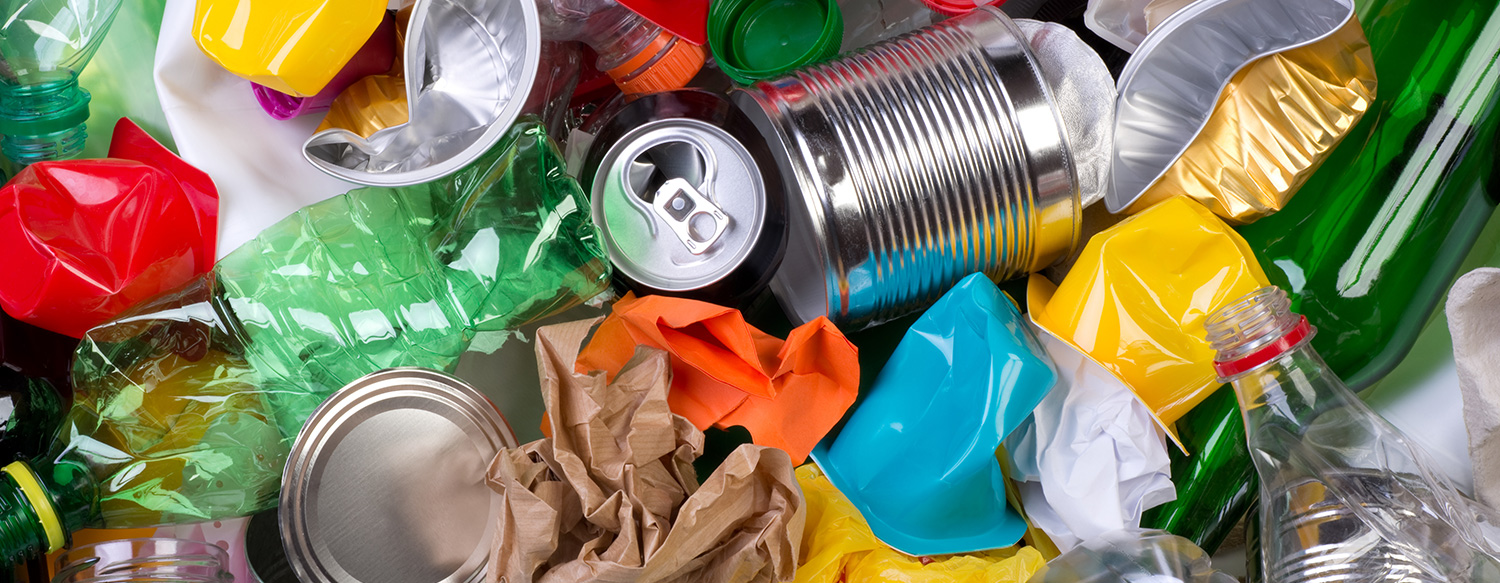 As more consumers are becoming environmentally conscious, the recyclable packaging trend continues to grow. Between 2013 and 2014, post-consumer plastic bottle recycling increased by 120 million pounds.
As more consumers are becoming environmentally conscious, the recyclable packaging trend continues to grow. Between 2013 and 2014, post-consumer plastic bottle recycling increased by 120 million pounds.
Naturally, the rise in prominence of recyclable packaging means that many people have questions and misconceptions about this kind of packaging. Here are a few of the top questions that we hear the most and the real scoop behind their answers:
1. Can I Recycle Plastic Bags?
This question is one that has been around in the industry for many years. While it's true that most municipalities don't accept plastic bags in residential recycling bins, there is an easy way for consumers to recycle plastic bags. You can take your plastic bags to collection locations around the country. There are over 15,000 of these locations in the U.S. and most can be found at large retail stores like Walmart, Lowe's, and Whole Foods.
2. Can All Types of Recyclable Materials be Recycled?
Municipal recycling programs have come a long way: most can accept a variety of materials, including aluminum foils, magazines, corrugated cardboard, and newspapers. However, in certain communities, other materials may have to be dropped off at a specific recycling center. The best way to answer this question is to consult with your local city or county government to see which materials you are allowed to recycle in your residential recycling bin.
3. Is Recyclable Packaging Really Worth it?
This is another classic recycling debate that people have been talking about for many years. Several prominent cases have been made against recycling, including a notable one by well-known entertainers Penn & Teller in 2004.
People continue to go back and forth on this matter, but the truth is there is no black and white answer to this question, because the resources required for recycling vary depending on the type of materials that are being recycled.
In an article from September of last year, Packaging Digest debunked the common myth that some materials are not recyclable. The TerraCycle company was able to recycle potato chip bags, drink pouches, and other items that are almost always universally denied at recycling facilities. The reason that these items get denied is not that they are not recyclable: it's that the resources required to recycle them make it an unwise investment for recycling companies.
4. Should Biodegradable Packaging be Recycled?
Possibly. While biodegradable packaging material will indeed break down eventually, the problem is that they often take much longer than you would think: several years, in some cases. Additionally, as a small business column in The New York Times points out, in order for a material to degrade naturally it needs oxygen, something that landfills don't provide much of. It's always best to check the labeling to see whether or not a certain packaging material is biodegradable. Another excellent idea is to create a compost heap where you can dispose of organic wastes and biodegradable packaging.
Many people have questions about recyclable packaging. These answers will provide you with a strong foundational understanding of recyclable packaging, but it's important that you stay on top of the latest trends and developments in the field so that you can continue to recycle your packaging properly.

About Michael Wilson
Michael Wilson is AFFLINK'S Vice President of Marketing and Communications. He has been with the organization since 2005 and provides strategic leadership for the entire supply chain team. In his free time, Michael enjoys working with the Wounded Warrior Project, fishing, and improving his cooking skills.





